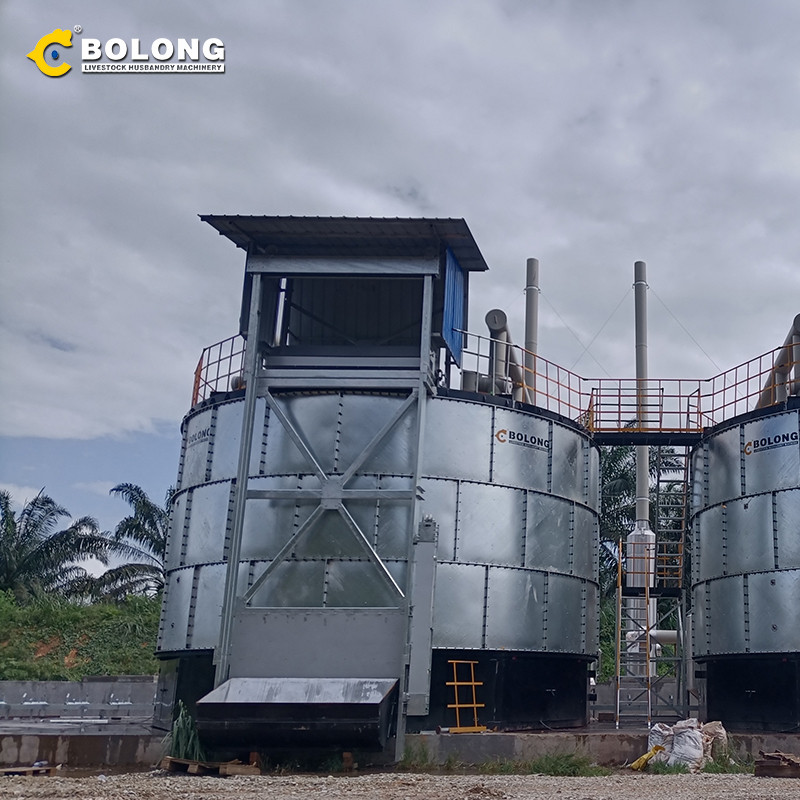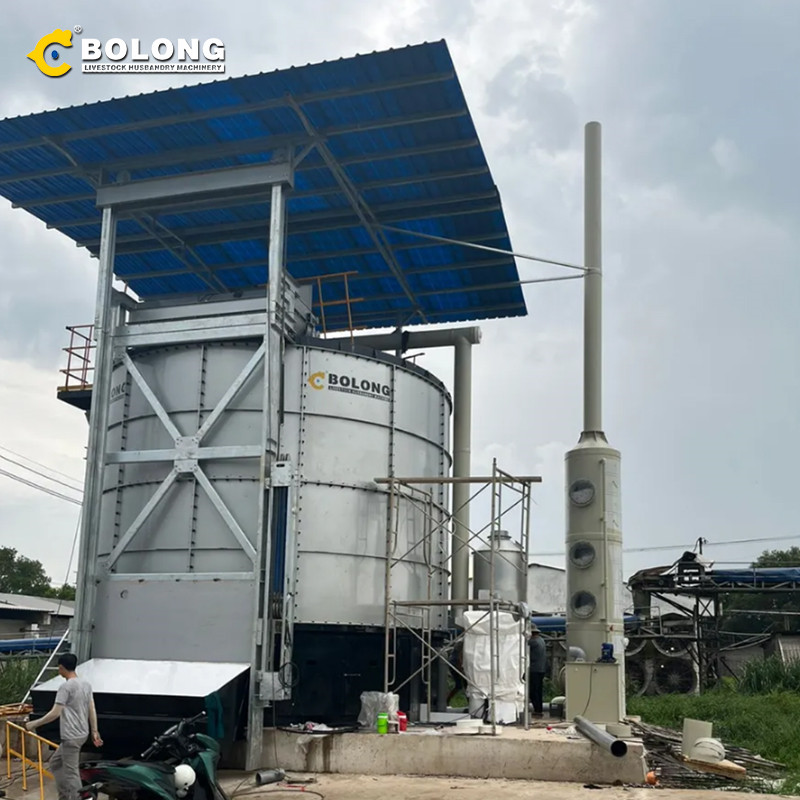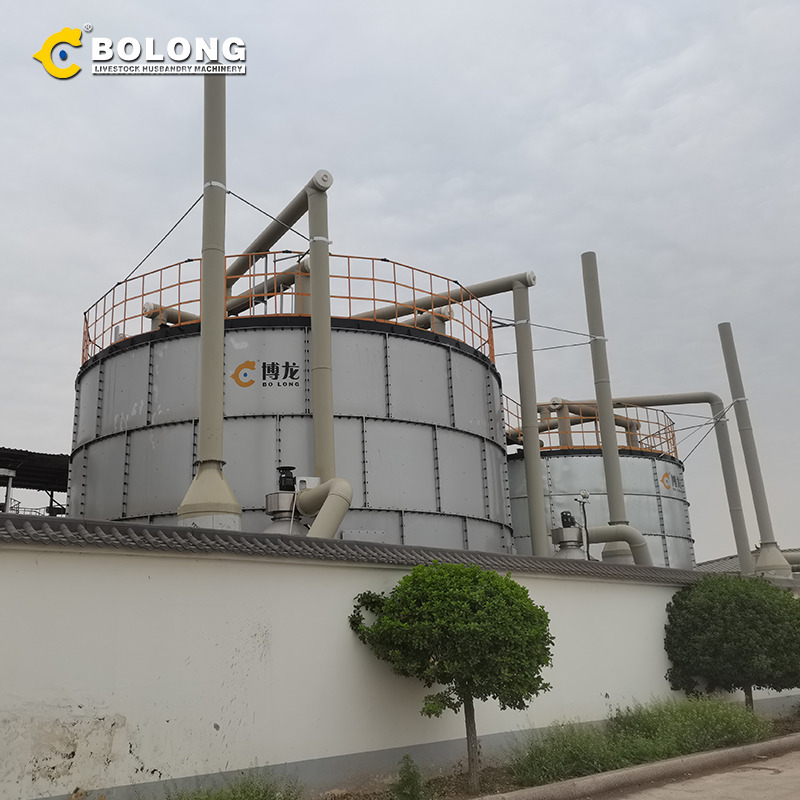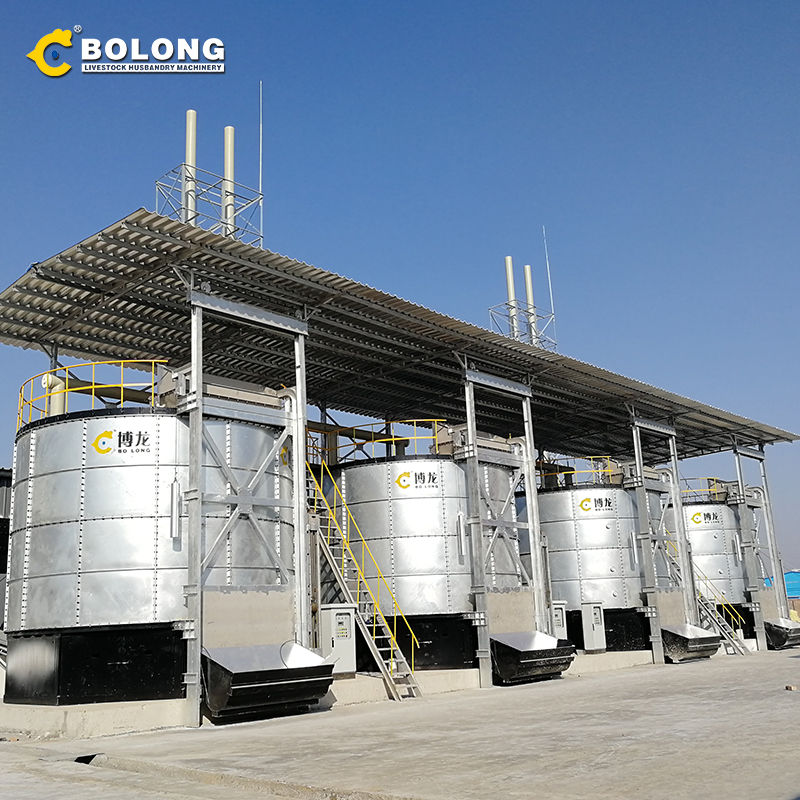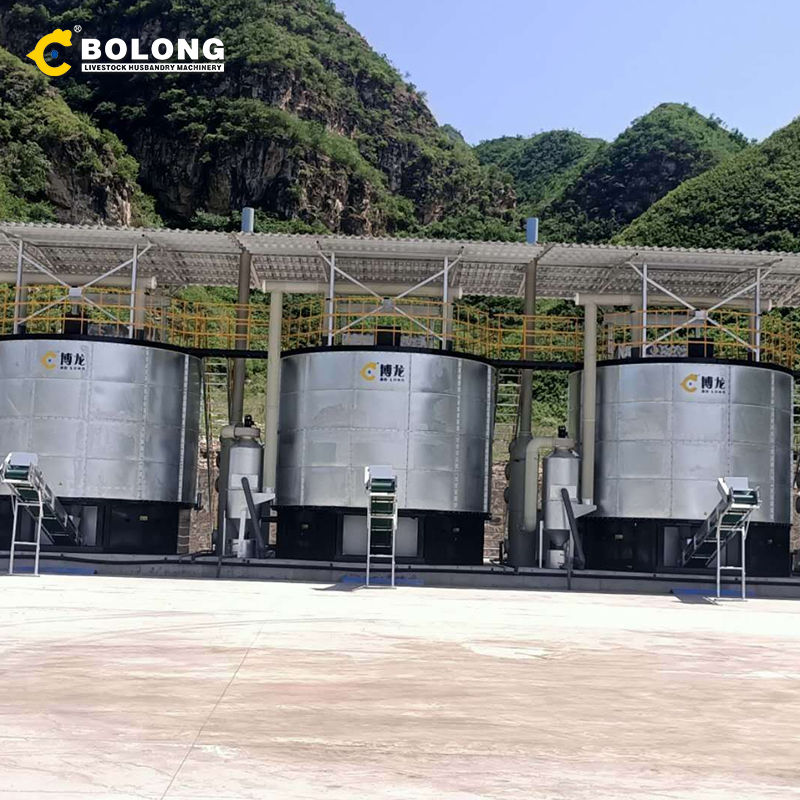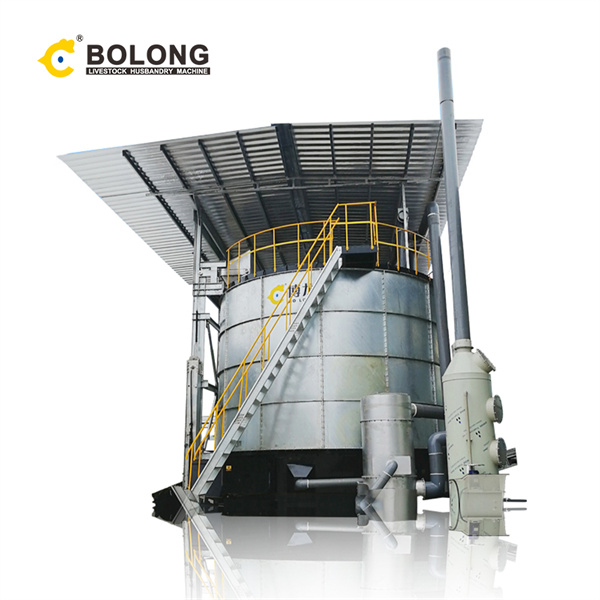The Impact of Fermentation Tanks on Farm Profitability
Introduction: Farm profitability depends on efficient resource management and sustainable practices. Livestock fermentation tanks contribute to farm profitability by improving manure management and creating new revenue streams. This article examines their impact.
Cost Savings: Fermentation tanks reduce manure management costs by minimizing labor, transportation, and disposal expenses. Efficient composting also reduces the need for chemical fertilizers, saving costs.
Revenue Generation...
